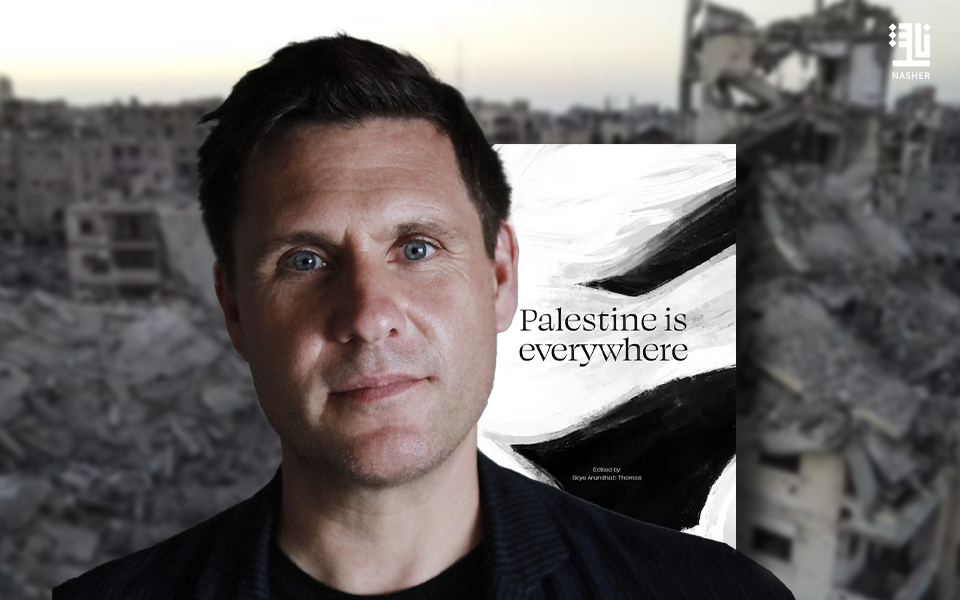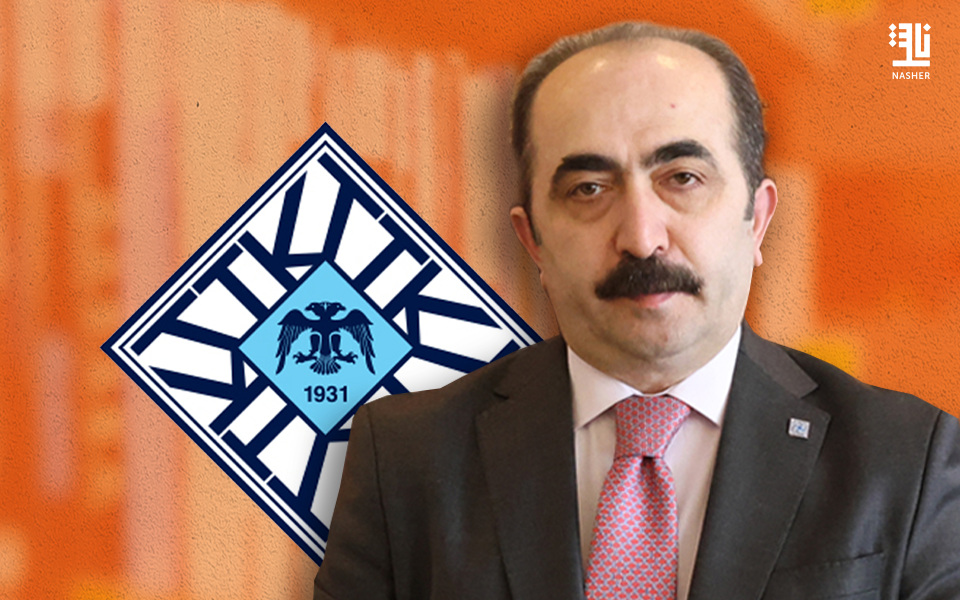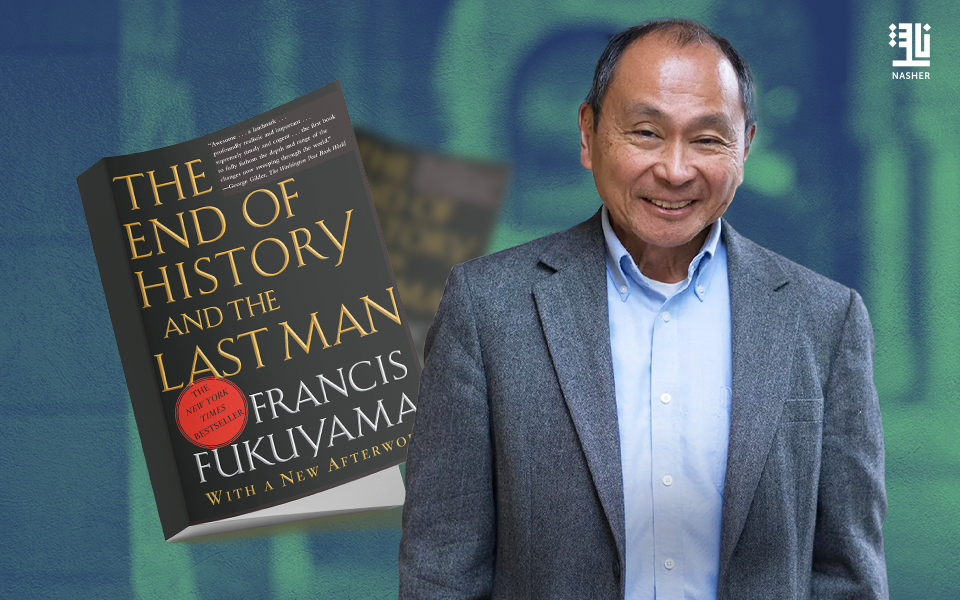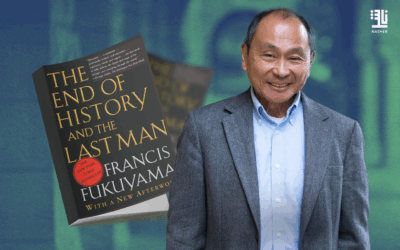Two young Arab novelists agreed that writing about death gives man a wide space for creativity, because it is a fantasy, which can be expressed in “relative” freedom, despite some the social restrictions that sometimes prevent writers from describing death the way they want. The two novelists said that death is a sacred thing for common people, but it is in fact another life that’s worth writing about and describing how we understand and deal with it.
During his participation in the “Death in Writing” seminar alongside Kuwaiti writer and publisher Khaled Nasrallah at the Emirates Airline Festival of Literature 2020, the Egyptian novelist and critic Tariq Imam said that death is the opposite of life, but it is also a question of life, and it might also be a field of beauty, as it is the case in Egyptian culture, for example, in which death is embodied by tombstones, shrines, and pharaonic temples.
Imam pointed out that everything that pertains to death is being giving life symbols, and yet sometimes we celebrate it because we want to transform it from absence to present, and to reconcile with it because “life is short and death is long”. He added that we live between two deaths: an “ordinary death” where the name of the dead may be erased from the tombstone, and a “holy death” in which the graves turn into thrones to which some people go to seek bless and ask something from the dead.
For his part, Khaled Nasrallah said that death is unknown, and man either explores this unknown or is afraid of it because the stereotype about death is associated with punishment of the afterlife. He criticized the lack of available Arab sources on the literature of death, although writing about it may be a sort of reconciliation with it as a stage of our eternal life: “We die but I think we remain conscious in some way; therefore such status is something that can be described, and in this sense death can be an interesting theme for writing”.
Nasrallah added that writer’s role is to address various issues, even if it is death, and that successful text is one that can be interpreted in several ways, because it affects each person differently. “Every person prefers a certain way of death, and these differences give writing more space for creativity.”






